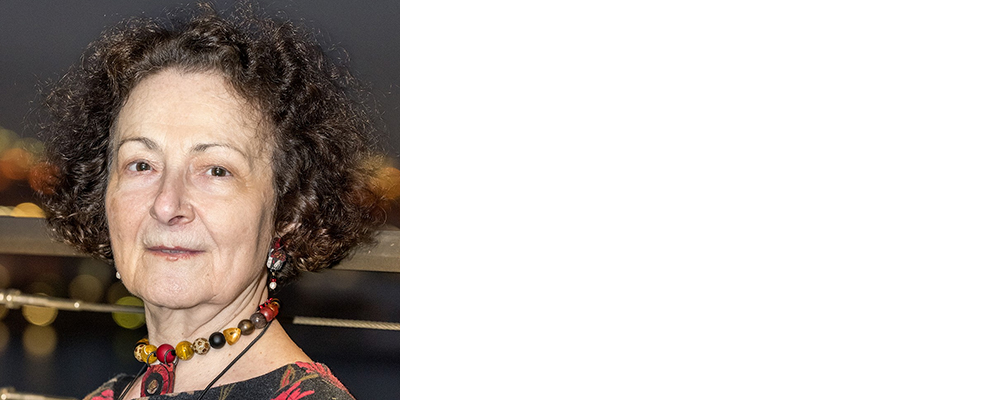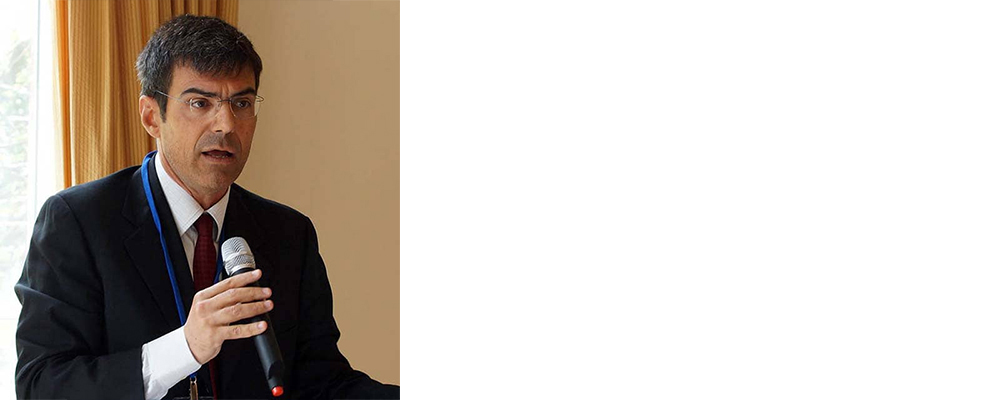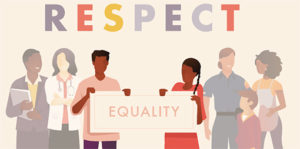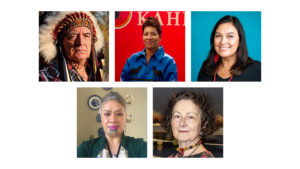Webinar co-sponsored by the Permanent Missions of Costa Rica and the Federal Republic of Germany to the United Nations
Friday, 14 July 2023, 11:00AM-1:00PM EST / 12:00-2:00PM GMT-3 /4:00-7:00PM GMT+1 / 5:00-7:00PM CEST / 6:00-8:00PM EAT / 6:00-8:00PM GMT+3 / 8:30-11:30PM IST
This International Center for MultiGenerational Legacies of Trauma (ICMGLT) webinar is held ahead of the twenty fifth anniversary of the Rome Statue of the International Criminal Court (ICC), adopted on 17 July 1998, later designated as World Day for International Justice. The Statute contains advanced norms and standards on victims’ rights devoted to protection, participation and reparations. An international multidisciplinary panel will appraise the last 25 years with the view of looking forward to the next two and a half decades, assessing the impact of the Rome Statute on the practice of States and international entities interacting with victims and affected communities.
English Version
Ukrainian Version
Moderation and Introduction:

Dr. Yael Danieli
Founder and Executive Director, International Center for the study, prevention and treatment of MultiGenerational Legacies of Trauma; Director, Group Project for Holocaust Survivors and their Children; Past-President, International Society for Traumatic Stress Studies. Co-founder of the Victims Rights Working Group of the Coalition for the International Criminal Court (CICC)

David Donat Cattin
An Adjunct Professor of International Law at NYU Center for Global Affairs, since 1995 he has been a leading civil society actor in the processes of negotiation, adoption, ratification and domestic implementation of the Rome Statute of the ICC. From 2014-2022, he served as Secretary-General of Parliamentarians for Global Action and is now a member of the Advisory Council of the ICMGLT.
Speakers:

Carla Ferstman
A Professor of Law at the University of Essex Law School, United Kingdom, she was for many years the Director of the NGO REDRESS, and is a recognized expert in international human rights law and international criminal law.

Bertram Schmitt
A judge at the International Criminal Court, he has presided over several trials since 2015. With 23 years of experience in the German judiciary, he previously served on the bench of the Federal Court of Justice (supreme court). For many years, he was an ad-hoc judge at the European Court of Human Rights and the German member of the Joint Supervisory Board of Eurojust.

Oleksandra Mantviichuk
The Head of the Center of Civil Liberties, Ukraine, that received the Nobel Peace Prize in 2022, Oleksandra is a human rights lawyer and recognized leader of the peaceful Euromaidan “revolution” of 2014. She investigated human rights abuses and atrocities committed in the occupied territories of Ukraine for almost a decade. Since February 2022, she launched a seminal project entitled “A Tribunal for Putin”.

Joseph Akwenyu Manoba
A Ugandan human rights lawyer, Co-Counsel in representing victims in the Ongwen case before the ICC, Joseph previously served as legal advisor of the Uganda Victims Foundation and coordinated the Uganda Coalition for the International Criminal Court. He has been active with grassroots organizations promoting peace, justice and the Rule of Law in Northern Uganda.

Saumya Uma
A Professor of Law and Director of Centre for Women’s Rights at Jindal Global Law School, O.P. Jindal Global University (India), she has over 29 years’ combined experience as an academic, legal practitioner, writer, trainer and campaigner, working on gender, human rights and the law. She was the National Coordinator of the ‘ICC-India’ campaign (2002-2010).

Hugo Relva
A Legal Advisor for the International Law and Justice Program of Amnesty International based in Argentina, Hugo is a civil society leader promoting new instruments of international criminal law, including the recently adopted Mutual Legal Assistance (MLA) treaty to enhance horizontal cooperation among States against international crimes and the Draft Articles on crimes against humanity.




